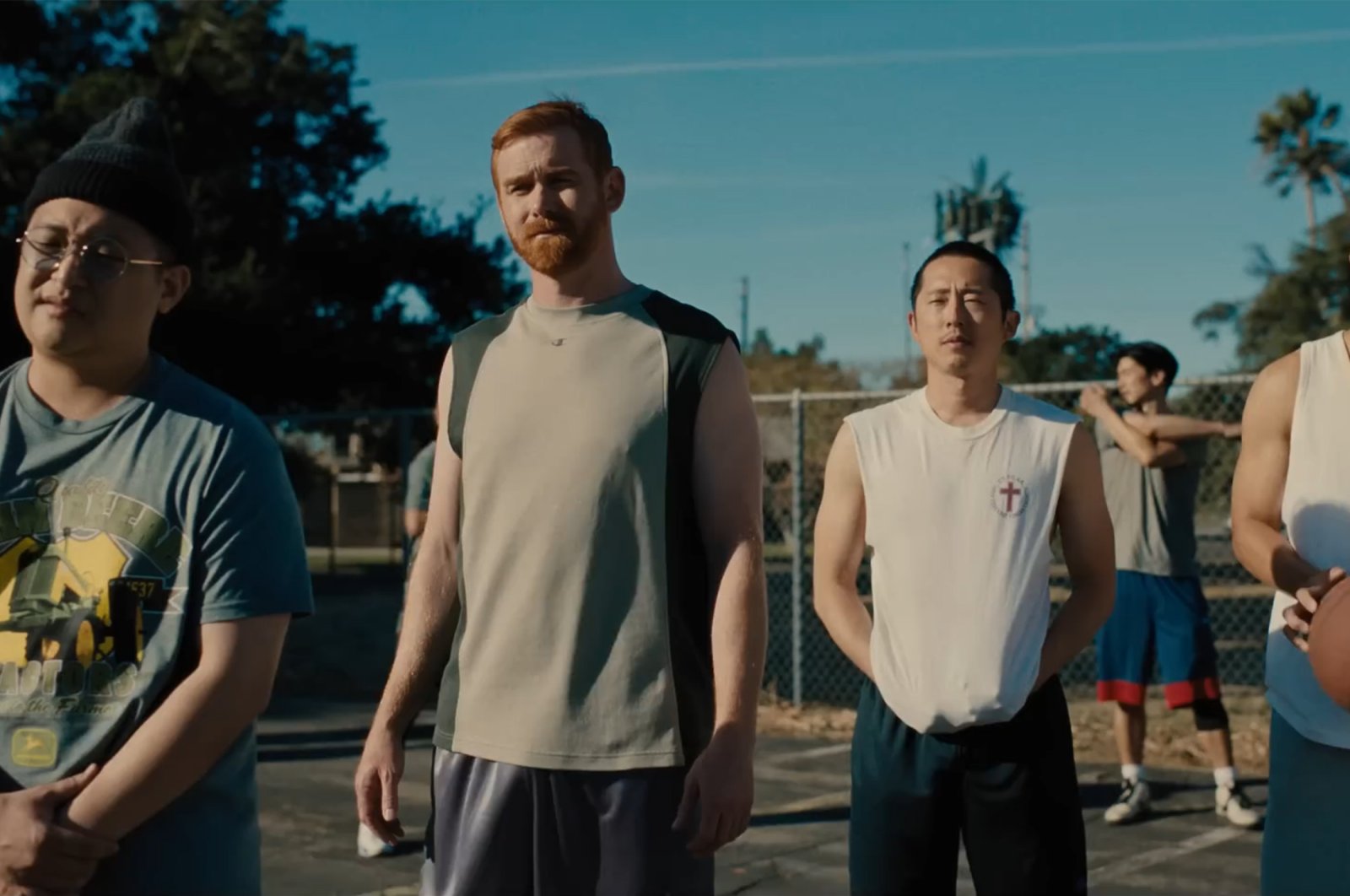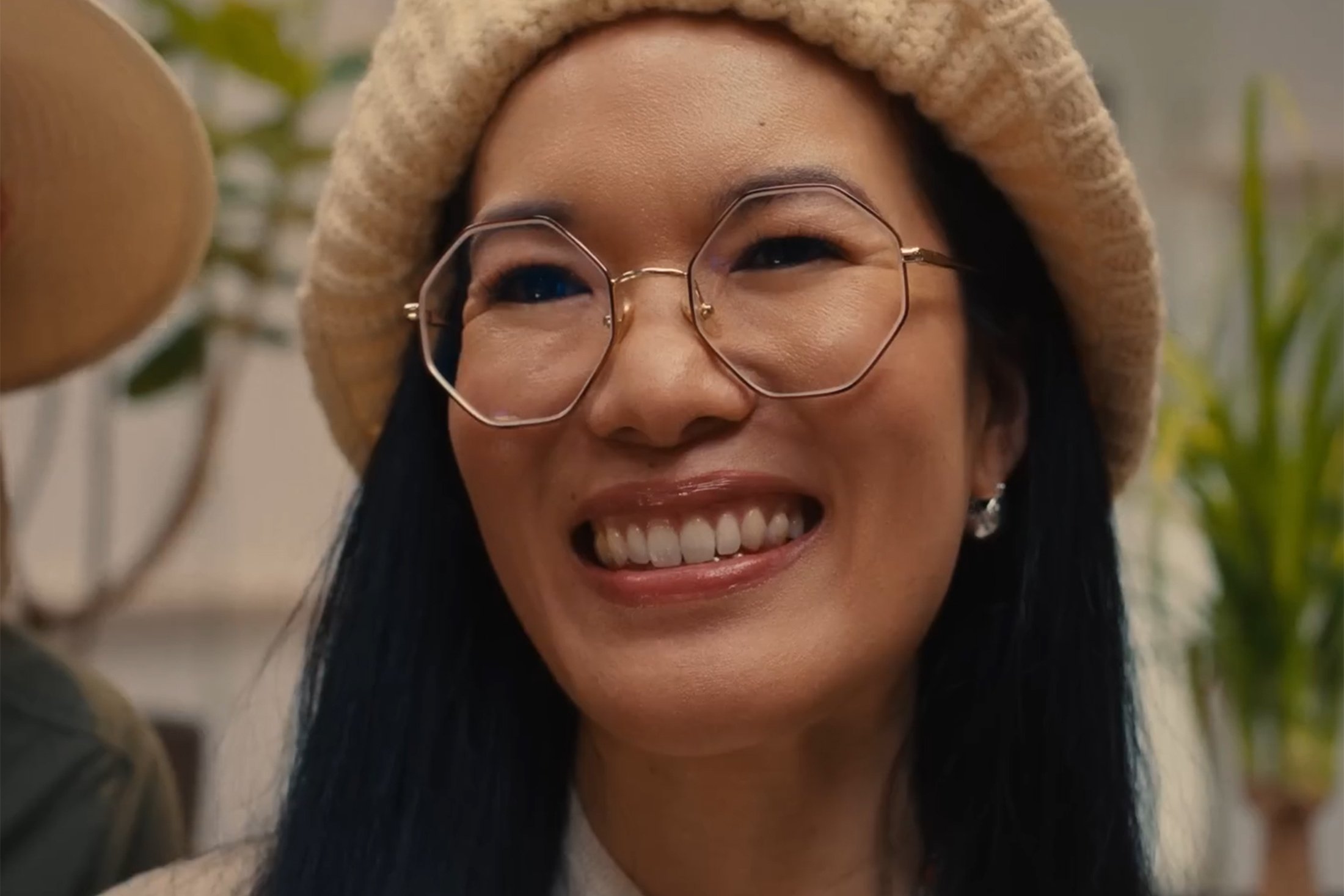
First collaboration of Netflix and A24 alloys drama and dark comedy with dual distraction engulfing two depressive strangers in cycle of feuds, providing variation on themes of modern art, class conflict, family issues
Every once in a while, it may seem impossible to belong anywhere. It feels like there is no escape from the emptiness that invades your state of mind and takes it out of you. However, this annoying process is more natural than it seems and causes different reactions in people. It might leave you down in the dumps, drive you out of your mind, or simply both. Especially when you are having an identity crisis and losing your bearings, just like Danny Cho, a troubled contractor who couldn’t put his life and affairs in order, or Amy Lau, an ambitious entrepreneur who feels suffocated in her private life, or simply both.
Amy and Danny may confront the same mental health problems, but they reside in different walks of life, and that makes it harder to develop empathy when their worlds collide in a road rage incident. Instantly, they both flew into a temper, and thus comedy of errors begins in the wake of a heated car chase as if maintains far into the bottom of a cliff.

Revenge best served raw
First of all, let's get something straight. This show is not a full-length public service ad about drivers with anger problems. Even so, the moral and ethical aspects of the plot stand out more as this hatred digresses from traffic. Neither Danny nor Amy gets off each other's back, and it makes matters worse.
Meanwhile, as the game of vengeance continues between them their lives go on, and so do their personal agonies. Amy tries to walk a fine line between bringing up her family as a submissive housewife and advancing in her career as a business owner. While dealing with the unceasing demands of a wealthy investor, she also has a rough time because of souring on her husband. Nevertheless, she strives to maintain steady domestic life for her daughter.
Danny has a share of his family problems as well. On top of the financial pressures, he feels obliged to please his parents and make himself an idol for his younger brother Paul, but it turns out things are not entirely smooth sailing. While their parents stay in the homeland, Cho bros are stuck to each other for better or worse. Although Danny makes him feel like a burden sometimes, he always looks out for his brother and knows that he can’t spend his life without him. When Paul figures into the reckoning between Danny and Amy unwittingly, the plot thickens more than ever.
Apart from the attempts to make life miserable for one another, they are in search of meaning to fill the void of their souls in different ways such as getting therapy, embracing religious groups, moving a house or having romantic escapes. Much as these approaches manage to suppress the tension between them for a while, Amy and Danny's abortive actions were not finished yet and their conflict was about to result in chaos.
Before the conclusion, it is crucial to state that Lee Sung Jin, the creator of "Beef," seems to narrate personal matters delicately from various aspects. Besides the separateness, family dramas and devouring rage, cultural clashes loom as another common trouble. Despite the heightened awareness of the generation gap, Asian communities still can’t get out of Orientalist depictions in society.
For instance, Amy feels obliged to preserve her "Zen Buddhist" vibes as a Chinese-oriented woman in business life and she is on tenterhooks about revealing her true self to anyone.
On the flip side, Danny is under the pump of his parents' request for being stuck to the Korean lifeway and placing the liability of representing his family or nation before his own desires.
Instead of being blindingly obvious, the plot includes the ethnic concerns of Asian Americans in the subtext, and it manages to adapt the genuine characters out of stereotypes. This case also reflects on the humorous part of the show through satirical arguments like "Western therapy doesn't work on Eastern minds."
Normal people maybe just delusional
Witnessing this lasting struggle between opposites from different points of view provides a realization that things were never all black and white for both sides. Sometimes, the vicious circle of enmity became a pattern to escape from loneliness or everyday problems, but mostly a self-destructive process that drives them over the edge.
However, the wheels come off eventually in the season finale, which seems like a stand-alone episode with an isolated atmosphere and slight metaphysical vibes. Amy and Danny finally establish a special bond through a stream of consciousness. For the first time, they sympathize with each other, share out their existential anxieties, and question everything together. When their strike sparks off one another, the time is ripe to get back to normal life full of unsettled matters.
Much as it remains uncertain what the future holds for them, Danny and Amy contrive to reach the peak of their spiritual journey at all costs. Their cathartic experiences put us on an emotional roller coaster and enlighten us in weird ways throughout the series. Besides the accomplished scripting and directing, the notable success of the cast draws attention in this regard. Steven Yeun has already made a mark with his popular roles in "The Walking Dead," "Burning" and "Minari." As for Ali Wong, she has won the hearts and minds of people with her comedienne identity.
Yeun and Wong acting simple portraits by putting a deeper complexion on their characters. They can both reveal soulful performances by evoking a large spectrum of feelings from bursts of anger to melancholic features. Especially in the season finale, their mutual delusions serve as a narrative art that contains a transcendental perspective within a mundane train of thoughts.
Speaking of which, "Beef" has close relations with art itself. Apart from the sarcasm for the absurd aesthetic pleasures in the plot, every episode has unique paintings in their opening title cards which makes a creative contribution to the visual language of the show. Not to mention, also the soundtrack reflects the spirit of "Beef" as much as the visual images. The playlist mostly composes of rock songs from the '90s and 2000s which arouse rebellious feelings. Just owing to these facts that "Beef" might be considered an elaborated work of art and it can be claimed that A24-Netflix cooperation achieved to make a sensation in their future projects.
